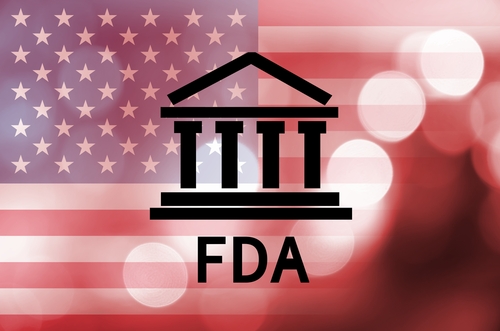FDA Raises Concerns on Safety, Tolerability of Potential Myeloma Therapy Selinexor
Written by |

The U.S. Food and Drug Administration has raised concerns in its newly released briefing materials over the safety and tolerability of Karyopharm Therapeutics‘ lead compound selinexor, creating a potential stumbling block on its path to approval for heavily treated multiple myeloma.
Selinexor is an oral inhibitor of the XPO1 protein that prevents tumor suppressor proteins from exiting the cell nucleus. This leads to cancer cell death while leaving healthy cells unharmed. After seeing promise in penta-refractory multiple myeloma patients, Karyopharm is now seeking selinexor’s approval for those who have received at least three prior therapies.
Penta-refractory patients are those who received at least one alkylating agent; glucocorticoids; two immunomodulatory therapies, Revlimid (lenalidomide) and Pomalyst (pomalidomide); two proteasome inhibitors, Velcade (bortezomib) and Kyprolis (carfilzomib); and the anti-CD38 monoclonal antibody Darzalex (daratumumab); and failed to respond to at least one proteasome inhibitor, one immunomodulatory therapy, glucocorticoids, and Darzalex.
Karyopharm’s new drug application (NDA) for selinexor was based on data from the Phase 2b STORM trial (NCT02336815), which assessed the safety and efficacy of selinexor in combination with dexamethasone in 123 myeloma patients who had received at least three prior therapies.
According to the trial’s findings, 25.4% of the patients responded to treatment, including two patients whose tumors were completely gone, with a median duration of response of 4.4 months.
However, in its briefing document, the FDA expressed concerns regarding the study’s design, in particular the lack of adequate controls and questioned the safety and tolerability of selinexor.
“Treatment with selinexor is associated with significant toxicity. In Part 2 of STORM, all patients (100%) experienced at least one TEAE [treatment-emergent adverse event], nearly two-thirds (60.2%) of patients experienced an SAE [serious adverse event], most patients (88.6%) required a dose modification due to a TEAE and over a one-quarter (28.5%) of patients discontinued treatment with selinexor-dexamethasone due to a TEAE,” the document stated.
In addition, the trial’s safety data indicated that a total of 23 patients died within a month after starting treatment, including 13 due to disease progression and 10 due to fatal complications associated with the treatment.
“Given that historical studies have shown response rates of 10-27% to high-dose dexamethasone for RRMM [relapsed or refractory multiple myeloma] and selinexor did not demonstrate single agent activity in RRMM in the phase 1 trial KCP-330-001 [NCT01607892], it is difficult to isolate the treatment effect of selinexor,” according to the document.
In its conclusion, the FDA acknowledged the treatment of heavily-treated myeloma patients is difficult, because a patient’s response shortens each time a new therapy is tested. In addition, most patients who fail to respond to the majority of anti-myeloma therapies currently available in the clinic are met with extremely poor outcomes.
Even so, according to the FDA, the limitations regarding safety, tolerability and efficacy imposed by the trial, “add to the challenges in interpreting the results of the pivotal study in support of the proposed [NDA] indication.”






